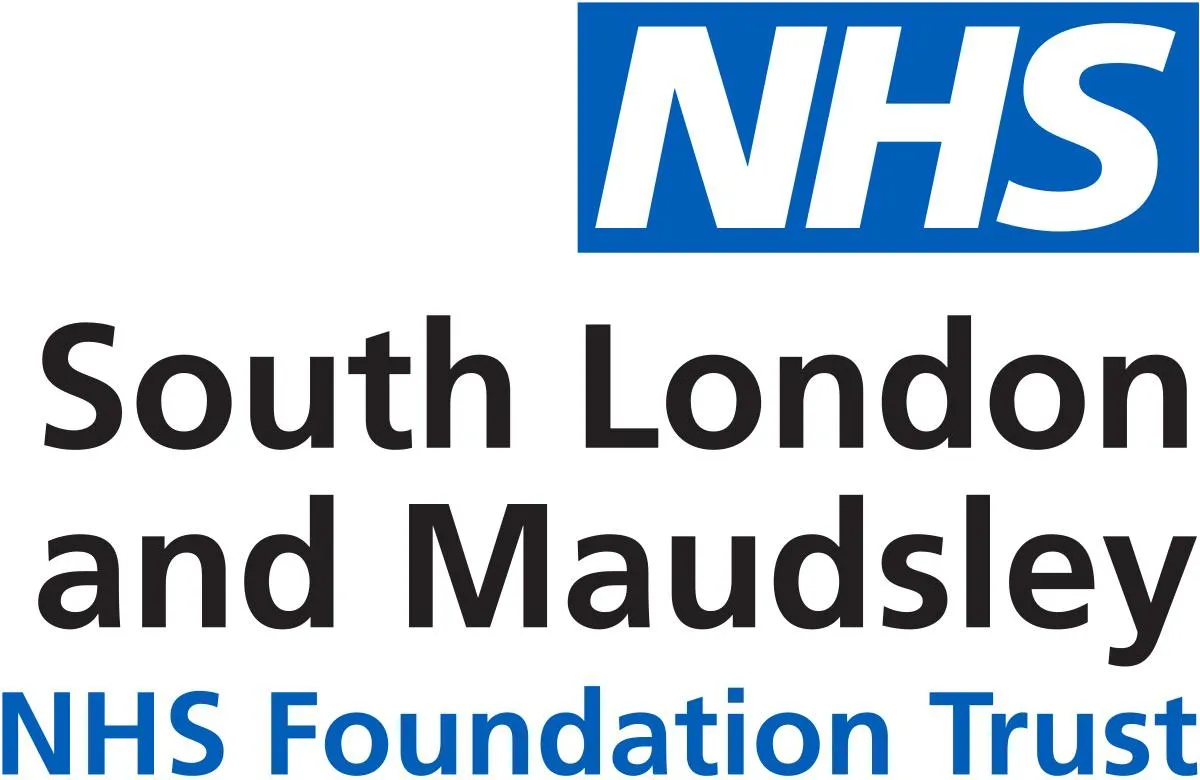The Puberty Suppression and Transitional Healthcare with Adaptive Youth Services (PATHWAYS) study aims to find out how the NHS can best support children and young people attending gender services.

The research will provide new, high quality and important evidence to help young people attending gender services, as well as their parents, carers and health professionals, to make informed choices about the care and support options that are most likely to be helpful.
Professor Emily Simonoff has been confirmed as Chief Investigator for the study. The research will be led by King’s College London and co-sponsored by the South London and Maudsley NHS Foundation Trust. NHS England commissioned the study in partnership with the National Institute for Health and Care Research (NIHR).
A plain English summary and the scientific abstract for the study can be found on the NIHR website.
The study will be overseen by independent advisory groups and will be subject to rigorous regulatory and ethics checks by UK regulators and the Health Research Authority.
Access to the PATHWAYS study would be through the NHS Children and Young People's Gender Services. More information about the study will be shared when the study has received regulatory and ethics approvals.
All documentation, including FAQs, easy read study descriptions, study protocols, and participant information sheets can be found on the individual study project pages listed below.
PATHWAYS Study Projects
PATHWAYS HORIZON is a longitudinal observational study of all young people attending the NHS Children and Young People’s Gender Services who want to take part. It is the largest part of the PATHWAYS study, and will explore the wellbeing of young people, including their mental and physical health and experiences, and how these change (or not) as they grow up.
PATHWAYS TRIAL focusses on the effects of puberty suppressing hormones on young people’s physical, social and emotional well-being. It involves young people who want to delay puberty and whose parents and Gender Service agree with this treatment option.
PATHWAYS CONNECT will look at young people’s thinking and brain development, and will follow both those who are, and are not, taking puberty suppressing hormones.
PATHWAYS VOICES involves speaking to young people about their experiences of living with gender incongruence and of their care in the NHS Children and Young People’s Gender Services including, for some, taking puberty suppressing hormones. We will talk to young people and parents/caregivers several times while they are attending the Services. We will also find out from staff working within the Services about what they think helps.
Standard Funding Acknowledgement
This project (NIHR167530) is funded by the National Research Collaboration Programme, an NHS England and NIHR partnership. The views expressed are those of the author(s) and not necessarily those of NHS England, NIHR or the Department of Health and Social Care.
Our Partners
Contact us
Any questions or enquiries about the study can be directed to: PATHWAYSEnquiries@kcl.ac.uk
For information or questions about participating in the independent advisory groups please email: PATHWAYSBoard@ncb.org.uk

